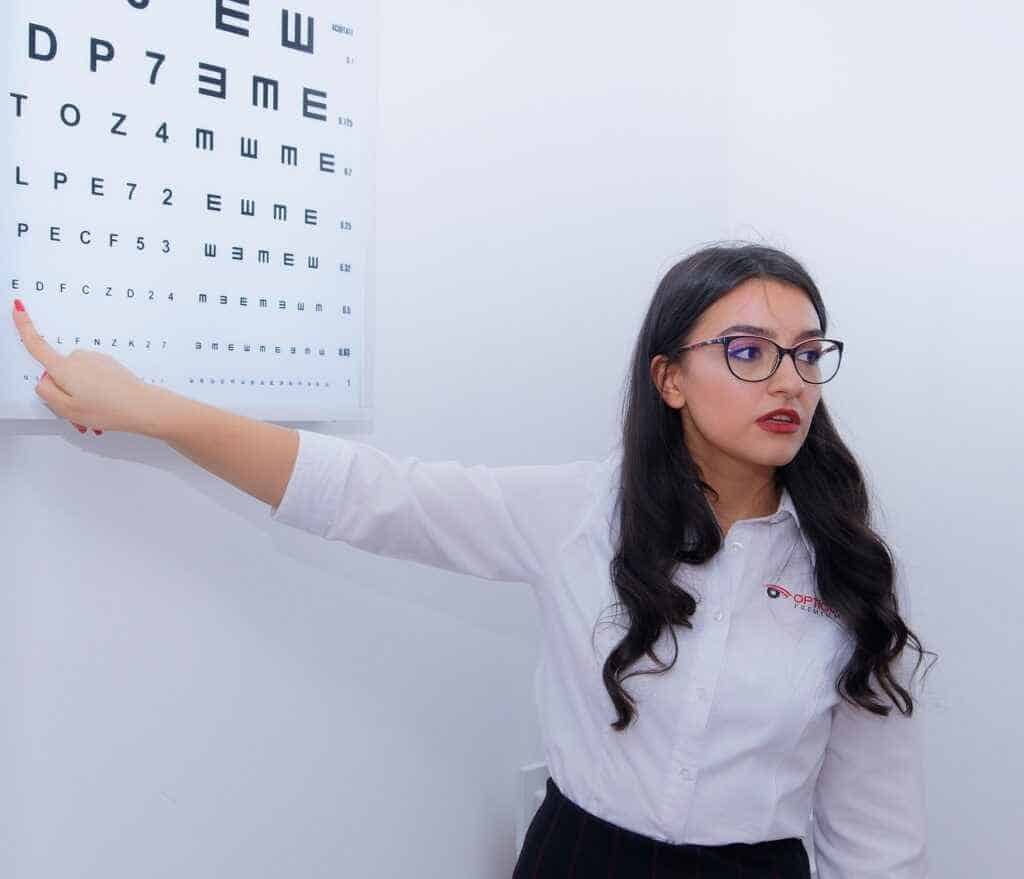If you are suffering from diabetes, it is important that you should know what other parts of the body it affects. Diabetes can cause blurred vision in a variety of ways. It may be a small issue that may be resolved by lowering your blood sugar or using eye drops. Other times, it’s a symptom of something more severe that you should talk to your doctor about. In fact, blur vision is frequently one of the earliest symptoms of diabetes.
Diabetes
Diabetes is a complicated metabolic disorder in which your body is unable to generate insulin, produces insufficient insulin, or fails to utilize insulin effectively. Insulin is necessary because it aids in the breakdown and delivery of sugar to your body’s cells, which require it for energy.
If your body does not produce sufficient insulin, you may be suffering from diabetes. With diabetes, there are many other symptoms that you must know. One of them is the blurriness in your vision. Therefore, it is vital to understand what are the causes.
Blur vision
It’s more difficult to make out small details in what you see when your eyesight is blurry. Diabetes can have several factors, as it might be a warning that your glucose level is out of range – either too high or too low. Fluid leaking into the lens of your eye might be the cause of your blur vision. The lens swells and changes shape as a result of this. Because such changes make it difficult for your eyes to focus, things start to get blurry.

When you first start taking insulin, you may experience impaired vision. This is caused by changing fluids and usually goes away after a few weeks. Many people’s vision improves when their blood sugar levels normalize. Diabetic retinopathy, a term that encompasses retinal diseases induced by diabetes, can be a longer-term cause of fuzzy vision.
If you’re getting cataracts, your eyesight may become hazy. Diabetics are more likely than normal people to acquire cataracts at an earlier age. Cataracts are hazy spots on the lens of your eyes. Because the eyes are one of the most fragile parts of the body, it is critical that you see a doctor if you have any of these symptoms.
Glaucoma
Blurry vision can also be a sign of glaucoma, a condition in which the optic nerve is damaged by pressure in the eye. Diabetics have a twofold increased risk of glaucoma compared to other individuals.
Hyperglycemia
When the body doesn’t have enough insulin to metabolize glucose, hyperglycemia develops. It’s critical to regulating your blood sugar levels to avoid hyperglycemia since poor blood sugar control might lead to additional vision issues over time, potentially increasing the chance of permanent blindness.
You’re more likely to develop a range of eye issues if you have diabetes. Checkups and eye exams should be done on a regular basis. Every year, this should include a complete eye checkup with dilation. Make sure your doctor is aware of all of your symptoms, as well as any drugs you are taking.





